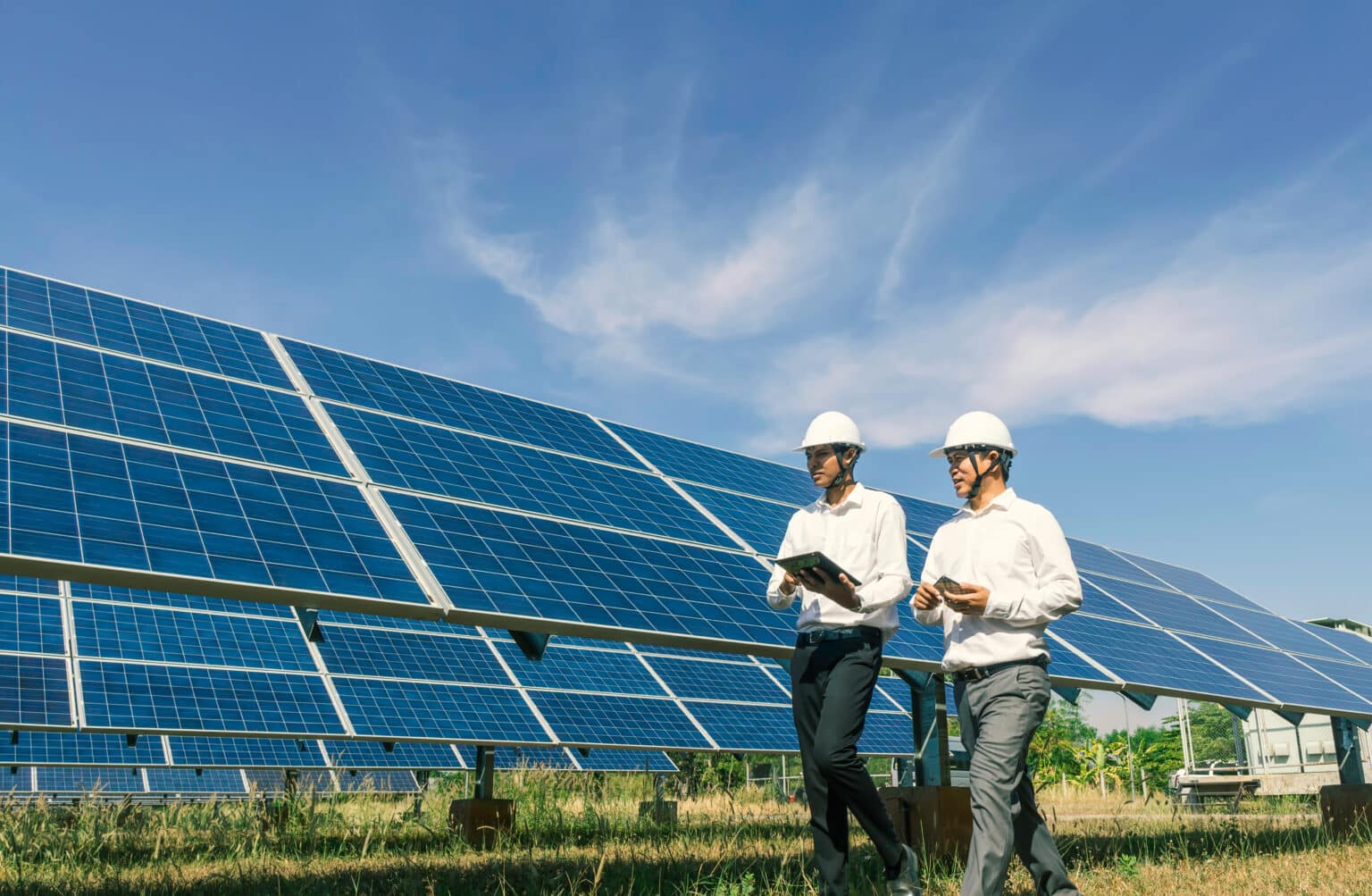Solar panel safety concerns grow as fire incidents increase six-fold
- September 22, 2023
- 1:04 pm


Iain Hoey
Share this content
Report on the recent rise in fires linked to solar panels, based on an article from The Independent
Concerns are mounting about the safety of solar panels after a significant rise in the number of related fires.
According to The Independent, the increase in such fires is alarming, especially after a surge in solar panel use due to rising energy bills.
Data shows that last year, there were six times more fires involving solar panels than there were a decade ago.
This rate of fires has seen a sharp increase, with 66 cases recorded up to July this year, compared to 63 for the entirety of 2019.
Solar panel installation concerns: A lack of strict regulation?
An incident reported by The Independent saw NHS worker Tracey Adams and her son Leo evacuated from their West London home due to a fire caused by their roof’s solar panels.
Their experience resulted in them moving between various budget accommodations as their council house was deemed unsafe to live in post the fire.
The National Fire Chiefs Council (NFCC) has voiced its worries regarding the potential hazards solar panels might pose to building safety.
Similarly, the charity Electrical Safety First said it believes the spike in fire incidents demands urgent investigation.
Solar Energy UK states that the rate of domestic solar installations in the UK is currently at its peak in over seven years, underscoring the importance of addressing these safety concerns.
Solar panels and the rush for renewable energy
According to The Independent, data from 45 UK fire authorities indicates that the initial batch of solar panels, installed under the government’s Feed in Tariff (FiT) subsidies in 2010, might be fire-prone.
Between 2010 and 2016, the UK’s solar capacity skyrocketed, but growth slowed down in 2019 when the FiT was terminated.
While solar capacity grew by 10.5% from 2019 to 2022, the number of solar panel-related fires surged by nearly 50%.
Experts are said to believe the initial rush following the introduction of FiT may have led to subpar installations, which might not have undergone thorough checks since.
There is now a call for clarity regarding the electrical safety regulations to guarantee regular inspections and tests of solar photovoltaic installations.
Presently, while anyone can install solar panels in the UK, the installation requires local council approval.
The government has advised homeowners to hire registered electricians for the job, but critics have raised concerns that many installers may not be up-to-date with the regulations, leading to panels deteriorating over time.
Embracing safer solar technologies
Captain Richard Birt, a former firefighter and founder of Solar And Fire Education, suggested that the UK should consider transitioning to safer technologies widely adopted in the US.
Traditional solar panels in domestic setups can produce electricity with high voltages, which are prone to causing fires if the installations were initially flawed.
Micro inverters, however, can convert this output to a more secure 230V AC, greatly reducing the risk.
Despite these concerns, a government spokesperson assured that the risk of fires from solar panels remains “extremely low,” with ongoing collaborations with the industry to enhance safety measures.
IFSJ Comment
Solar panels are widely embraced as a renewable energy solution, but the recent spike in associated fires demands immediate attention.
With the UK’s commitment to greener solutions, it’s crucial to strike a balance between rapid adoption and stringent safety regulations.
The experiences shared by homeowners and insights from safety experts underline the importance of quality installations, regular checks, and perhaps an adoption of safer solar technologies.
Ensuring safety will not only protect homes and businesses but also fortify trust in solar technologies, which is essential for a sustainable future.

